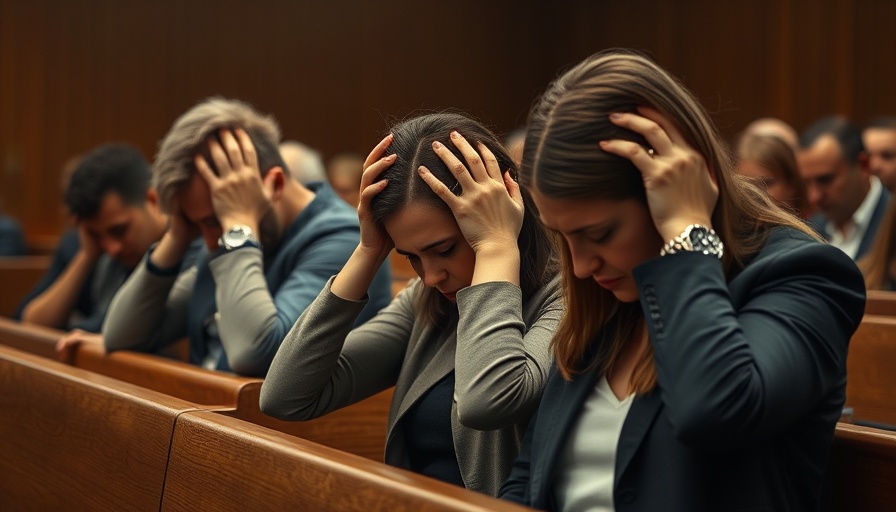
Can Alex Jones Secure a Supreme Court Hearing?
The aftermath of the Sandy Hook tragedy remains a deeply emotional and contentious issue in America. Now, Alex Jones, the controversial media personality and conspiracy theorist, is attempting to have the U.S. Supreme Court hear his appeal regarding the $1.4 billion judgment against him for defaming the victims' families. This case isn't just about Jones; it delves into broader implications for free speech, misinformation, and accountability in the digital age.
The Significance of the Sandy Hook Case
The 2012 Sandy Hook Elementary School shooting, which resulted in the loss of 26 innocent lives, became a focal point for Jones's conspiracy theories. He claimed that the incident was a hoax, perpetuated by the government as a part of an agenda to impose gun control. His statements led to targeted harassment of the victims’ families, culminating in the massive judgment against him. The decision by the courts reflects a significant stance on the limits of free speech when it results in real-world harm.
Legal Arguments: Jones's Perspective
Jones argues that the judgment against him violates his First Amendment rights. His legal team is focusing on how public figures are often subject to heightened scrutiny under the law, creating a dilemma between protecting free speech and mitigating harm caused by misinformation. The appeal is set against a backdrop of increasing concerns over the spread of false information online, raising questions: when does opinion cross into libel territory?
Public Reaction and Media Landscape
The public's response to Jones's case has been polarized. Many sympathize with the Sandy Hook families, believing that the ruling serves as a necessary precedent for holding misinformation purveyors accountable. Conversely, others argue that this case could set a worrying precedent limiting free speech. This case has sparked discussions across media platforms, with varying interpretations of what accountability should look like in the age of social media.
Similar Cases Highlighting Misinformation
Jones's case is not an isolated incident. Other legal battles, such as the lawsuits against big tech companies for enabling misinformation, have also come to the forefront. These cases showcase a growing societal frustration with misinformation ranging from health-related falsehoods during the COVID-19 pandemic to conspiracy theories affecting public trust in institutions. Analyzing these cases can provide insights into the evolving legal landscape surrounding digital communication.
Future Implications: A Legal Precedent?
If the Supreme Court decides to take up Jones's appeal, its ruling could reshape the conversation around online speech and accountability. A decision favoring Jones may embolden similar figures to propagate falsehoods, suggesting that they're shielded from repercussions. On the contrary, a ruling that upholds the lower court's decision could signal a narrowed pathway for those spreading conspiracy theories, potentially leading to stricter regulations on media and online platforms.
What’s Next for Jones and the Sandy Hook Families?
The road ahead is uncertain. As the Supreme Court may take months to decide whether to hear the case, both Jones and the Sandy Hook families will remain in limbo. For the families, the judgment represents not just a financial victory, but a step towards vindication in their fight against the persistent myth of the ‘hoax’. Meanwhile, the outcome of this case will likely influence how society addresses misinformation in the future.
As this story unfolds, it’s crucial to stay informed and engaged with the implications it carries not just for the families involved, but for all of us navigating the complex world of information today.
 Add Element
Add Element  Add Row
Add Row 



Write A Comment